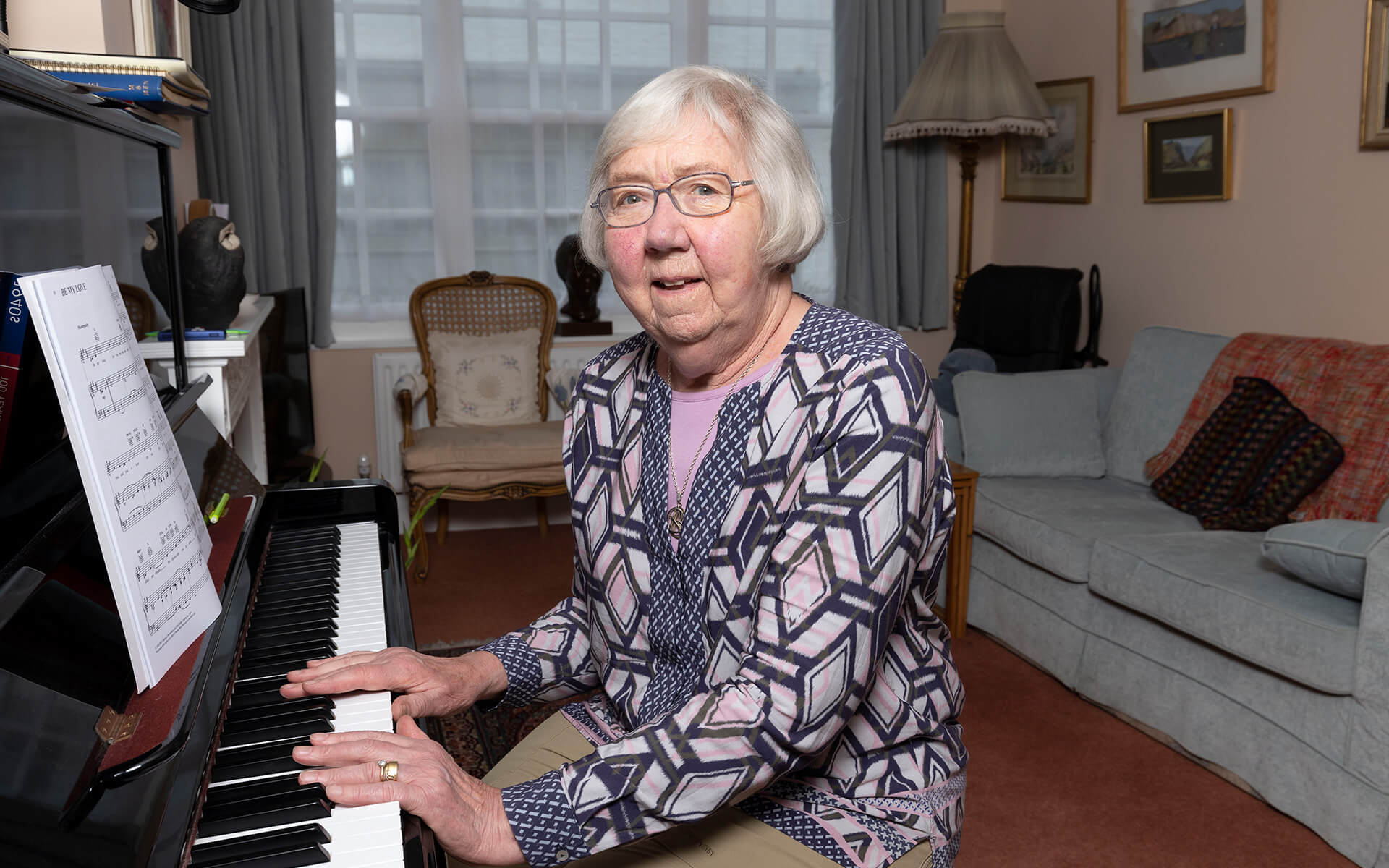2023 Winner
Dame Averil Mansfield
Pioneering surgeon blazed a trail for women in medicine, becoming the UK’s first female professor of surgery.
Born in Blackpool in 1937, Averil was eight when she read a children’s book about surgery and set her heart on becoming a surgeon. Despite the fact there were no family links to medicine, and female surgeons were almost unheard of at the time, she applied to study medicine at Liverpool University.
After qualifying as a doctor in 1960, Averil trained as a general surgeon, and became a consultant in Liverpool in 1972, at a time when just 2% of surgeons were women.
She joined St Mary’s Hospital in London ten years later, and in 1993 was appointed Professor of Surgery – the first woman in Britain to attain the rank. At the time, there were just 75 female surgeons out of 3,500 consultants.
She was outraged when the Dean of St Mary’s, Professor Peter Richards, issued a statement that she was appointed “purely and only on merit”. Averil said: “It suddenly must have occurred to him, ‘Oh, perhaps everyone will think we are giving her the job because she is a woman’.”
In the 1990s, Averil helped develop stroke-preventing Carotid Endarterectomy – an intricate surgical procedure to unblock the carotid arteries. The surgery, now widely available throughout the UK, has helped save thousands of lives.
She was also honorary consultant in paediatric and vascular surgery at Great Ormond Street Hospital and founded the first training programme for women at the Royal College of Surgeons. Her motto throughout her career was “lift as you climb”.
After retiring in 2002, she became chair of the Stroke Association, helping to improve the quality of stroke services throughout the country, and was elected President of the BMA in 2009.
Dame Averil says: “At no point did I have my sights set on the top of the ladder, or anything like it. I simply wanted to progress to the next step as I went along, one rung at a time.
“I suppose what I always wanted was to reach the point where it was perfectly normal and unremarkable for surgeons to be female, and I believe at last, we are well on the way to achieving that.”
The grandmother-of-six, whose granddaughter begins her degree in medicine this autumn, says she considers herself lucky to have enjoyed such a long and rewarding career.
“I don’t believe I did anything exceptional during all those years, any more or less than anyone else in my position would have done,” she says. “I was extremely fortunate to have a lot of help all the way along, not least in the early years when I was trained by a wonderful surgeon, Edgar Parry, whose aspiration it was to make the next generation of surgeons better than he was. That’s a sentiment I’ve always admired and tried to emulate.
“I’m very excited for my granddaughter as she heads off to medical school and I hope she has as happy a career as I have had. I often think how fortunate I’ve been to have a job I’ve loved and found endlessly fulfilling.”

